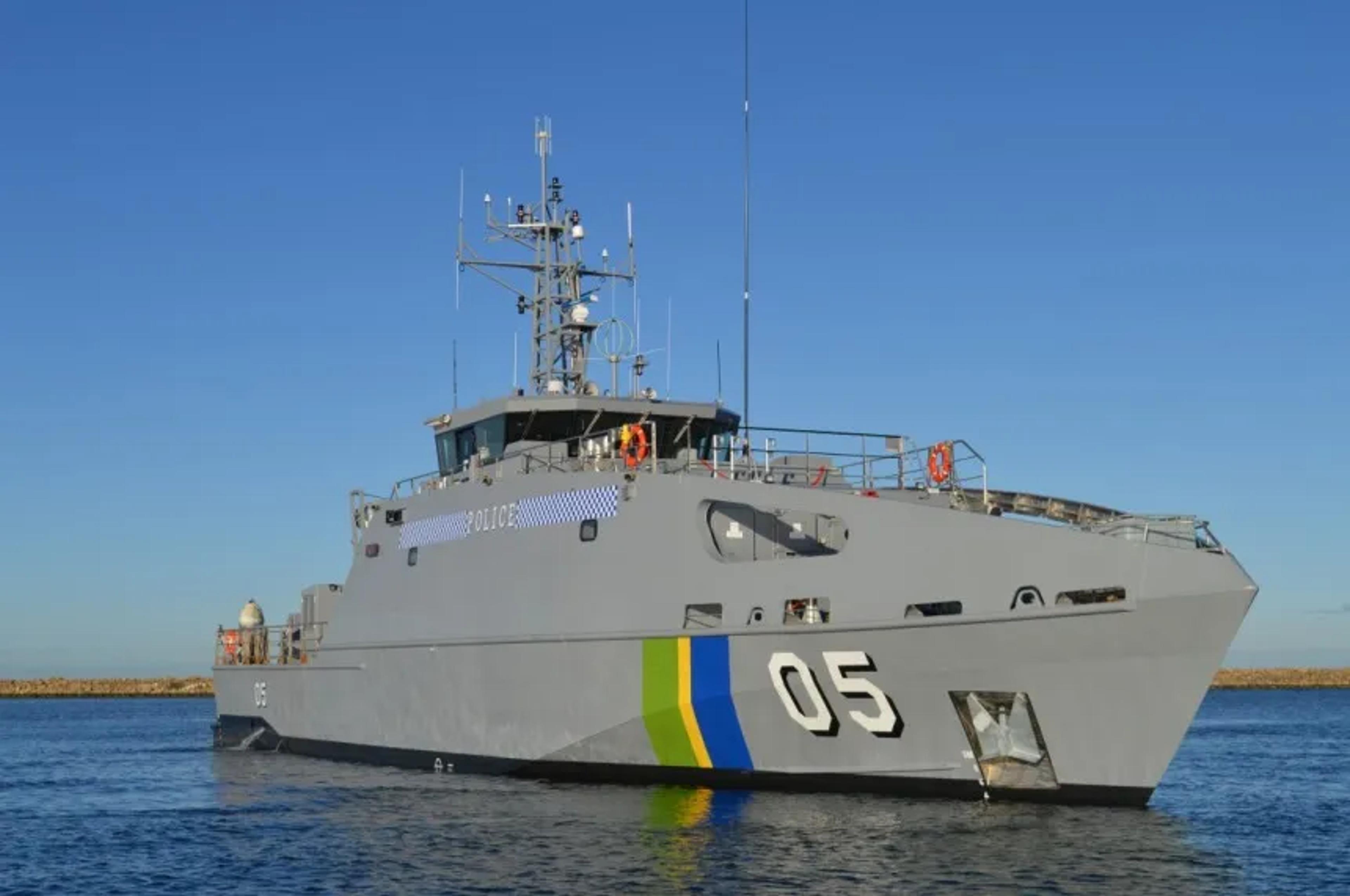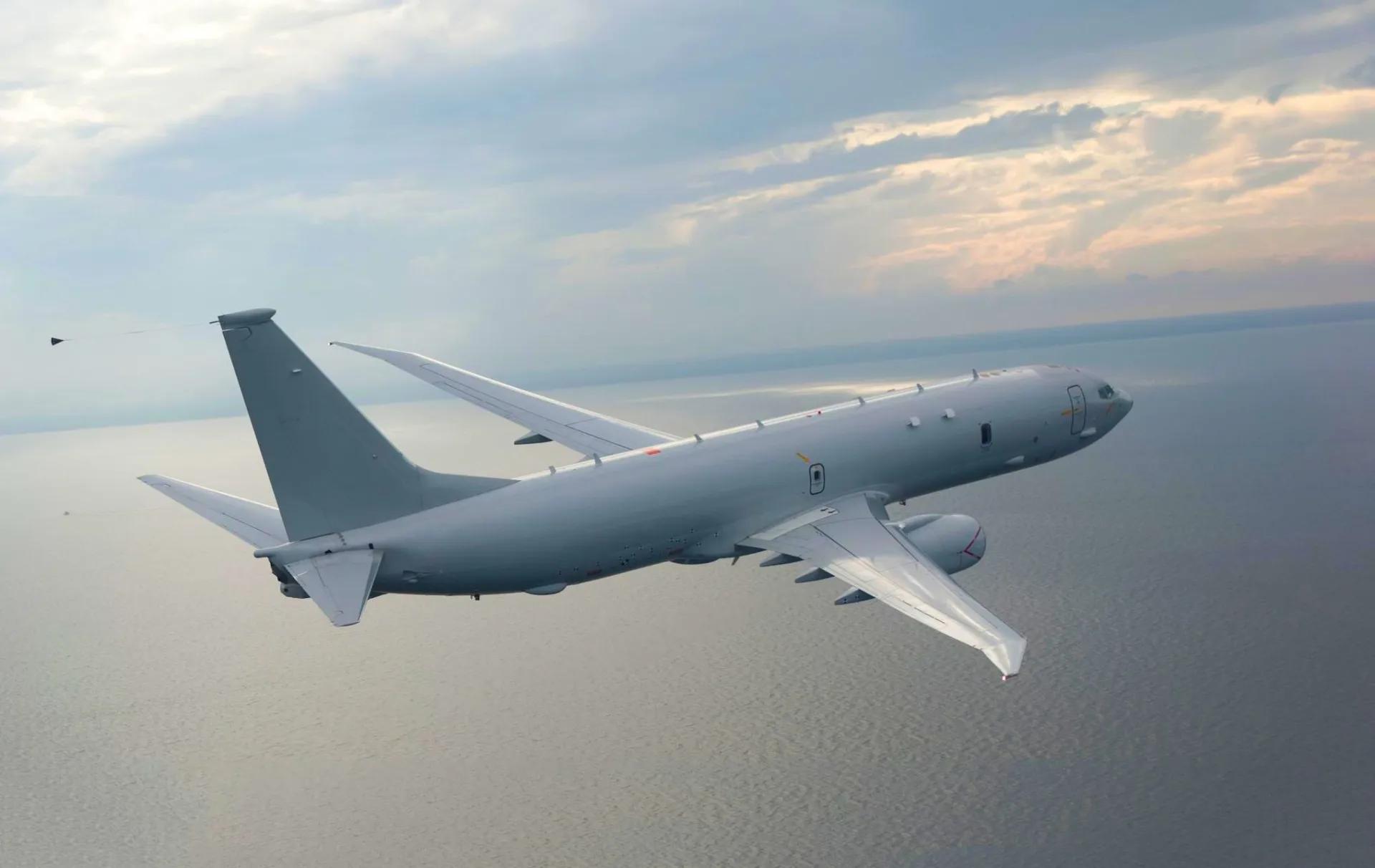

A Pacific patrol boat on maritime surveillance duty. Regional countries are strengthening patrols to protect their waters as global powers increase their presence.
Photo/Pacific Islands Forum Fisheries Agency
Pacific nations tighten maritime security as China signals greater presence in the region
Increased patrols and working more closely with partners like New Zealand and Australia to protect their fisheries are key for the region, as new Chinese coast guard activity raises concern.


Moana Pasifika end Lautoka curse to win 'Battle of the Pacific'


A.R.T sets new Pacific music pace with ‘First Thursday’ releases


Moana Pasifika end Lautoka curse to win 'Battle of the Pacific'


A.R.T sets new Pacific music pace with ‘First Thursday’ releases
Pacific island countries are stepping up efforts to protect their waters from illegal fishing, following Operation Kurukuru, the biggest maritime surveillance exercise in the region's history.
The operation, which wrapped up two weeks ago, was led by the Pacific Islands Forum Fisheries Agency (FFA) and covered more than 30 million square kilometres of ocean, inspecting 126 fishing vessels.
Australian Defence Force aircraft supported the patrols, highlighting growing regional cooperation on maritime security.
Sangaa Clark, chief executive of the Parties to the Nauru Agreement, which represents nine Pacific nations controlling the world’s largest tuna fishery, told Reuters that the operation shows what the region can achieve when it works together.
“Our fisheries are critical for food, jobs, and income. We rely on strong surveillance to protect them.”
The FFA says in a statement that the exercise revealed fewer illegal fishing activities than in previous years, a sign that coordinated patrols and monitoring are having an impact.

A typical P-8 reconnaissance aircraft that would be used to carry out aerial patrols during Operation Kurukuru, supporting Pacific nations in tracking illegal fishing fleets. Photo/screengrab/Youtube/CNA
But the region is facing new challenges. According to a Reuters report, Australia announced earlier this year that it would spend A$477 million (NZ$549m) on aerial patrols of Pacific waters, as concerns grow over the arrival of Chinese coast guard vessels.
In June, Australia's Prime Minister Anthony Albanese visited Fiji to discuss security after the government of Sitiveni Rabuka approved a maritime security agreement with Canberra that will see Australia fund a patrol boat for the Fijians.
Reuters reported that tender documents it viewed showed China has registered 26 ships for Pacific patrols, but it has not yet conducted inspections.

Pacific leaders say tight monitoring is vital for protecting billion-dollar tuna stocks. Photo/RNZ Pacific/Giff Johnson
Australian Foreign Minister Penny Wong told journalists in Adelaide that the maritime domain is key to a stable and secure region.
“The Pacific nations have very large oceans but often very small islands," Wong says. "Surveillance helps protect their sovereignty and resources in line with international law.”
Peter Connolly, a Pacific security expert at the University of New South Wales, warns that Chinese patrols could create tensions in the region.
“The two most common nationalities involved in illegal fishing here are from China and Taiwan,” he told the media. “Introducing Chinese coast guard patrols could complicate efforts to enforce the rules fairly.”
Australia has already provided patrol boats to several Pacific countries and conducts regular naval and air patrols, according to the government.
Clark says Pacific nations prefer to rely on Australia, New Zealand, France, and the United States for surveillance, rather than inviting China to enforce fishing rules in the region.
With tuna fisheries contributing half of the world’s canned tuna, the stakes are high.
And as Pacific Island nations invest in stronger monitoring, the eyes of global powers are increasingly focused on their waters.
“Operation Kurukuru shows what we can do together,” Clark says. “Now we must be vigilant as new players enter the region.”